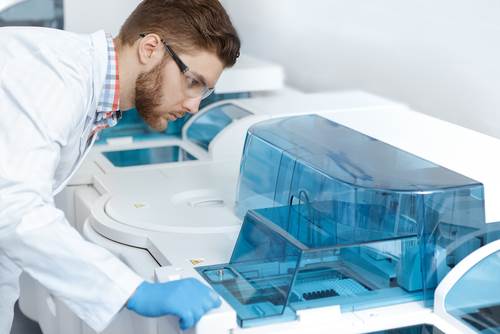New Next-Generation In Vitro Diagnostic Instrument Interface Standard
6/6/2019

CLSI’s Next-Generation In Vitro Diagnostic Instrument Interface—AUTO16 applies to the exchange of analytical testing data between in vitro diagnostic instruments and health care informatics systems.
The document discusses connectivity challenges present in medical laboratories. AUTO16 leverages the work of the IVD Industry Connectivity Consortium and Integrating the Healthcare Enterprise (IHE) organizations through the use of the Laboratory Analytical Workflow (LAW) Profile. Benefits of this new IVD system connectivity protocol include:
- Improved interoperability through implementation of modern health care connectivity protocols and network technologies.
- A more consistent interface across instruments with different capabilities.
- Substantial reduction in connectivity installation cost and time.
- Improved integrity of patient result data.
- Standardized data flow of IVD patient and quality control test work order steps and results between instrument, middleware, and laboratory information systems or laboratory automation systems.
- Support for common testing workflows, such as rerun and reflex testing.
- The availability of extensive resources for use during implementation and testing.
In addition, AUTO16 supplements the LAW Profile by:
- Providing guidance to vendors on implementing the LAW Profile.
- Providing guidance to health care providers on integrating IVD systems implementing the LAW Profile.
- Consolidating the LAW elements of the IHE Laboratory Technical Framework to improve profile usability.
- Offering guidance on securing the interface.
Ed Heierman, PhD, Chairholder of AUTO16 said, “AUTO16/LAW is currently being implemented by all major IVD companies. In addition, AUTO16 supports industry IVD Test Result semantic interoperability initiatives such as SHIELD (Systemic Harmonization and Interoperability for Enhancement of Laboratory Data).”
